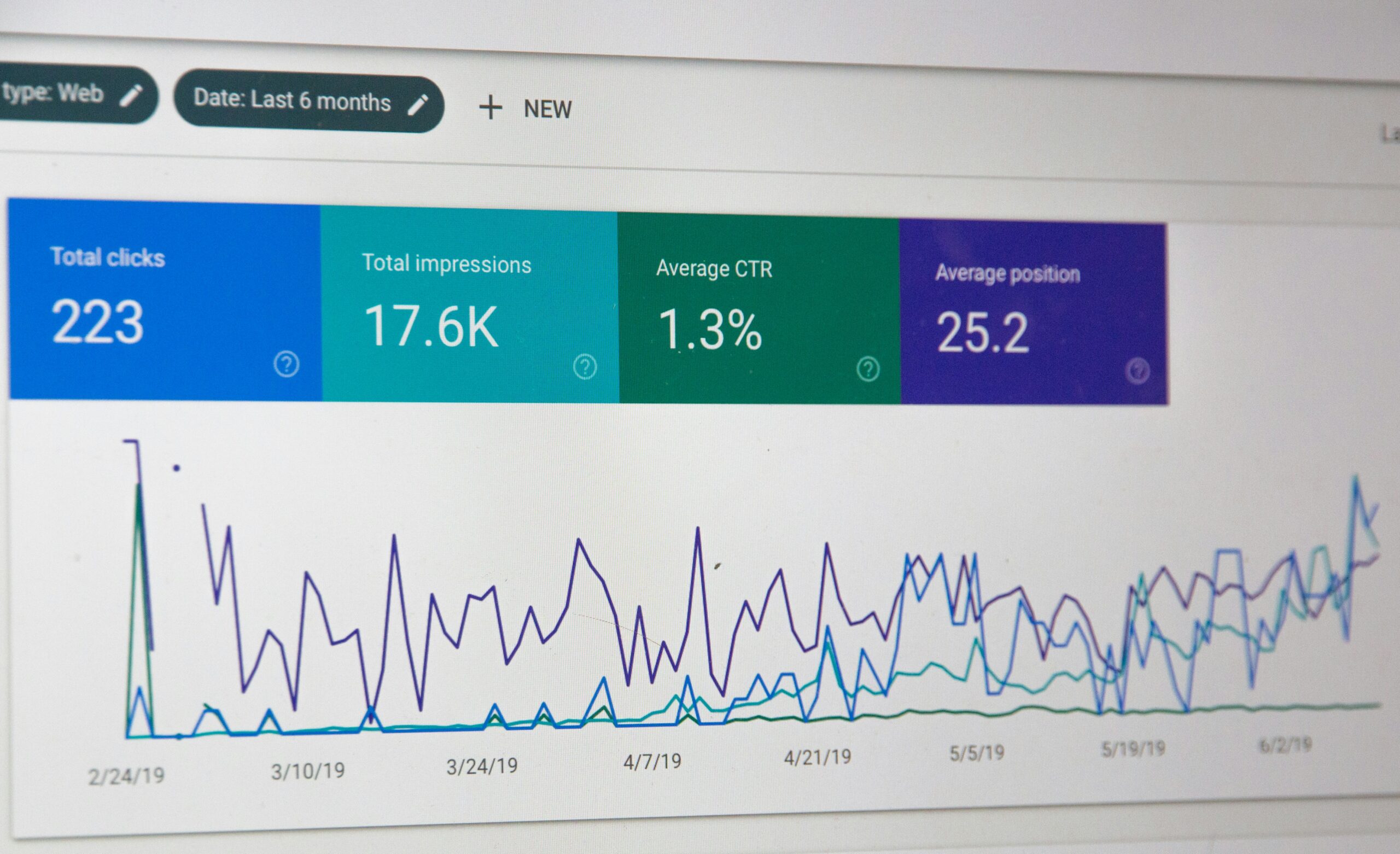Why Digital Marketing Matters for Connecticut Small Businesses
Running a small business in Connecticut offers tremendous opportunity—but also serious competition. From Fairfield County to Hartford, businesses of all sizes are trying to capture the attention of the same audience. Traditional marketing strategies no longer provide the reach or precision needed to compete. That’s why Connecticut digital marketing has become a necessity.
Digital marketing is more than just having a website or running ads. It’s a full-spectrum approach to growing your visibility, generating leads, and converting customers through search engines, social media, email, and more. For Connecticut small businesses, local digital marketing offers a way to compete head-to-head with larger brands and connect meaningfully with local customers.
Understanding the Connecticut Digital Landscape
Connecticut is home to a diverse economy that spans finance, healthcare, retail, and professional services. Each region—from Stamford to New Haven—has its own demographic trends and consumer behaviors. Successful Connecticut digital marketing strategies are those that are customized to the local context.
Businesses that tailor their messaging, content, and advertising based on regional preferences will gain a significant edge. Marketing that feels “local” builds trust, drives higher engagement, and ultimately results in more conversions.
The Pillars of Connecticut Digital Marketing for Small Business Success
Local SEO: Ranking Where It Counts
Search Engine Optimization (SEO) is the cornerstone of digital marketing. For small businesses, local SEO is particularly critical. This involves optimizing your website to appear in search results when people look for services in your area.
Start by identifying keywords that combine your services with your location—terms like “Connecticut digital marketing,” “Stamford real estate agent,” or “Hartford hair salon.” Use these keywords in your website’s page titles, meta descriptions, content, and image tags.
Optimizing your Google Business Profile also improves your chances of appearing in Google’s map listings—often the first thing users see when searching locally.
Website Optimization: Your Digital First Impression
Your website is the hub of your digital presence. If it’s slow, outdated, or difficult to navigate on mobile, visitors will quickly leave. A high-performing website needs to load quickly, look professional, and guide users toward conversion actions like making a call or filling out a form.
Incorporating clear calls-to-action, fast load times, responsive design, and search-friendly page structures will improve your site’s performance across both users and search engines.
Social Media Marketing: Engage Where Your Customers Are
Social media platforms are essential for building brand awareness and engaging with your local audience. Platforms like Facebook, Instagram, and LinkedIn allow Connecticut businesses to share updates, offer promotions, highlight customer testimonials, and build community relationships.
A strong social media strategy should include consistent posting, local hashtags, interactive content (like polls or questions), and paid advertising targeting local demographics.
PPC Advertising: Quick Visibility with Local Focus
While SEO takes time, Pay-Per-Click (PPC) advertising gives immediate visibility. Running local ads through platforms like Google Ads or Facebook Ads allows your business to appear in front of potential customers right when they’re ready to take action.
Geo-targeting options let you focus your budget specifically on users within your service area, ensuring every click has the potential to turn into a customer.
Email Marketing: Nurture and Convert Leads
Email marketing remains one of the highest-ROI strategies for small businesses. It allows you to stay in touch with existing customers, re-engage past leads, and promote new offers or services directly to people already interested in your brand.
For Connecticut businesses, consider segmenting your email list based on location or past interactions to make your emails even more targeted and effective.
Measuring Digital Marketing Success
Use Analytics to Track Growth
The advantage of digital marketing lies in its measurability. Tools like Google Analytics and Google Search Console provide insights into how users find and interact with your website.
You can track where traffic comes from, how long users stay, and which pages lead to conversions. With this data, you can continuously refine your strategy for better performance.
Monitor Your Rankings and Engagement
Local SEO tools like BrightLocal or SEMrush allow you to monitor keyword rankings in Connecticut search results. Social media platforms provide engagement metrics like shares, comments, and click-through rates.
Review performance monthly to identify which channels are driving the best results and which areas may need improvement.
Working with a Connecticut Digital Marketing Partner
For many small businesses, partnering with a local agency offers better results than managing everything internally. A Connecticut digital marketing partner brings not just expertise but also an understanding of the state’s business environment, customer behaviors, and competitive landscape.
From localized content creation to hyper-targeted ad campaigns, an experienced local agency knows how to speak directly to your audience. And when you need to meet face-to-face or pivot quickly, having a local partner makes all the difference.
Conclusion
Small businesses across the state can no longer afford to overlook digital marketing. With competition at an all-time high, it’s essential to show up where your customers are looking—online. A well-rounded Connecticut digital marketing strategy includes local CT SEO, a fast and functional website, active social media engagement, targeted paid ads, and consistent email marketing.
More importantly, the businesses that tailor these efforts to Connecticut’s unique market will build stronger relationships, earn more trust, and drive more sales. Whether you’re just starting out or ready to scale, now is the time to invest in strategies that connect you with your community and position your business for long-term success.





